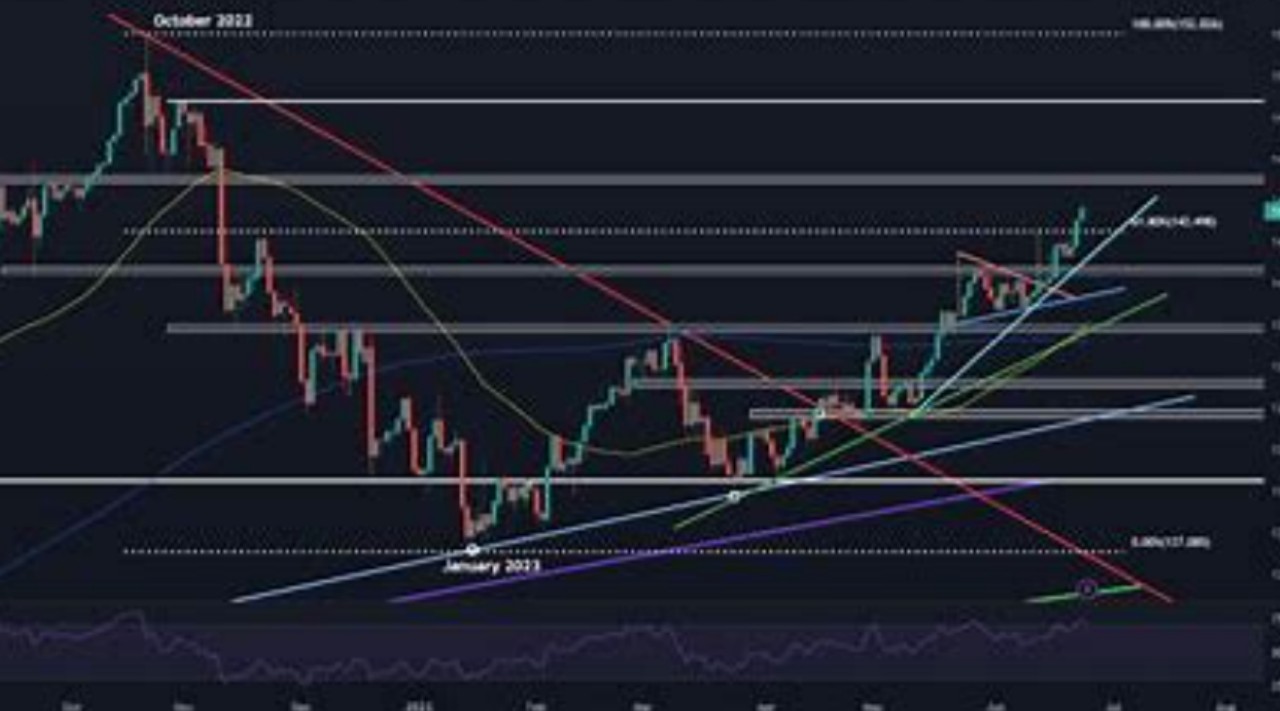
Analyzing the Japanese Yen: A Forecast for the Currency’s Performance Against the USD and GBP
The Japanese Yen has long been a significant player in the global currency market, with its performance against other major currencies such as the US Dollar (USD) and the British Pound (GBP) being a topic of keen interest for investors and economists alike. This article aims to delve into the factors influencing the Japanese Yen’s value and provide a forecast for its performance against the USD and GBP, taking into account recent economic indicators and global market trends.
Economic Fundamentals and Monetary Policy
The Japanese Yen’s value (In Taiwan, it is called “日幣走勢預測“) is intricately linked to the country’s economic fundamentals and the Bank of Japan’s (BOJ) monetary policy. Japan, being the third-largest economy globally, has a substantial impact on the Yen’s strength. The BOJ’s policy decisions, particularly regarding interest rates and quantitative easing, play a crucial role in shaping the Yen’s trajectory. Lower interest rates typically weaken the Yen, making Japanese exports more competitive but also increasing the risk of inflation. Conversely, higher interest rates can strengthen the Yen, attracting foreign investment but potentially dampening economic growth.
Global Market Influences
The Japanese Yen is often considered a safe-haven currency, meaning it tends to appreciate during times of global economic uncertainty. This is due to Japan’s strong economic fundamentals and the Yen’s historical stability. However, global market influences, such as fluctuations in commodity prices and geopolitical tensions, can also affect the Yen’s value. For instance, a rise in oil prices can negatively impact the Yen as Japan is a significant net importer of oil.
Japanese Yen Trend Forecast
Looking ahead, the Japanese Yen’s trend is expected to be influenced by a combination of domestic and international factors. Domestically, Japan’s aging population and slow economic growth pose challenges for the Yen. Internationally, the ongoing trade tensions and the global economic slowdown could lead to increased volatility in the currency markets, affecting the Yen’s performance against the USD and GBP.
England and the United States Forecast
The performance of the GBP and USD against the Japanese Yen will also be influenced by their respective economies. The UK, with Brexit’s ongoing implications, faces uncertainties that can lead to fluctuations in the value of the GBP. Meanwhile, the US, with its strong economy and the Federal Reserve’s monetary policy, plays a significant role in determining the USD’s strength. Changes in interest rates, inflation, and employment data in both countries can have a direct impact on their currencies’ value against the Yen.
Comparative Economic Performance
A comparative analysis of the economic performance of Japan, the UK, and the US is essential for understanding the potential shifts in currency values. Japan’s low-growth economy, characterized by a persistent deflationary environment, contrasts with the UK’s and the US’s more dynamic economic conditions (In Taiwan, it is called “英格蘭美國預測“). While Japan struggles with demographic challenges and slow growth, the US and the UK, despite their own set of economic issues, generally exhibit stronger growth and inflation rates. This divergence in economic performance can lead to differing currency trends.
Impact of Fiscal Policies
Fiscal policies in each country also play a significant role in shaping the currency market. Japan’s recent fiscal stimulus measures aim to boost economic growth and inflation, which can influence the Yen’s value. In contrast, the UK and the US have been more cautious with their fiscal policies, focusing on reducing budget deficits and maintaining fiscal discipline. These contrasting approaches can lead to different currency market reactions and affect the Japanese Yen’s performance against the USD and GBP.
Geopolitical Factors
Geopolitical factors, such as trade wars and regional conflicts, can also have a significant impact on currency values. The Japanese Yen’s safe-haven status can be tested in the face of escalating geopolitical tensions, which could lead to increased demand for the Yen and a subsequent appreciation in value. Meanwhile, the GBP and USD may be affected differently depending on their countries’ involvement in such conflicts and their perceived economic resilience.
Japanese Yen Trend Forecast in the Context of Global Uncertainties
In the context of global uncertainties, the Japanese Yen’s trend forecast becomes even more complex. While the Yen is expected to remain a stable currency due to its safe-haven status, the potential for increased volatility in the currency markets cannot be ignored. Investors should closely monitor global economic indicators, trade policies, and geopolitical developments to make informed decisions about the Yen’s future performance against the USD and GBP.
Conclusion
The Japanese Yen’s performance against the USD and GBP is a multifaceted issue, influenced by a myriad of economic, geopolitical, and market factors. As we look to the future, the Japanese Yen Trend Forecast and the England and the United States Forecast will be shaped by the interplay of these factors. Investors and policymakers must stay vigilant and adapt to the ever-changing global landscape to navigate the complexities of currency markets effectively.



